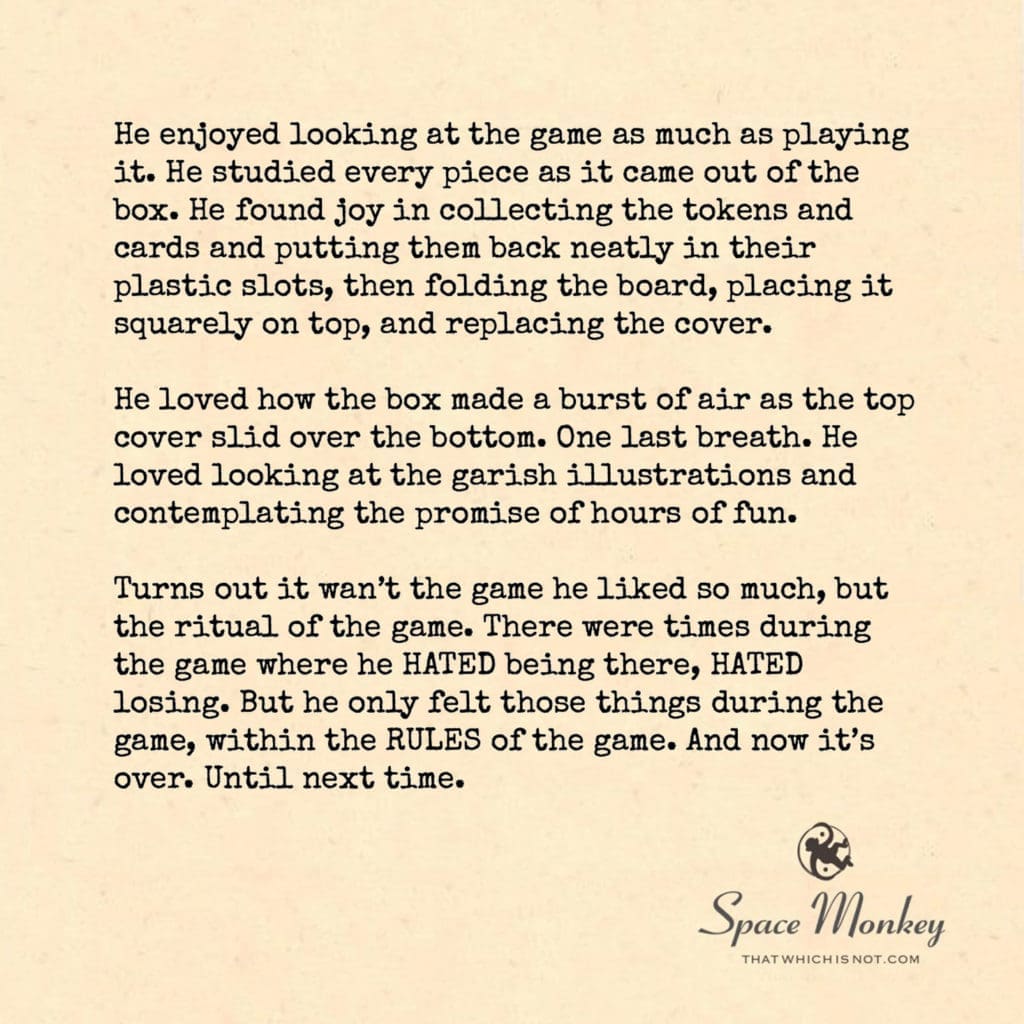
He enjoyed looking for a online casino game as much as playing it. He studied every piece as it came out of the box. He found joy in collecting the tokens and cards and putting them back neatly in their plastic slots, then folding the board, placing it squarely on top, and replacing the cover.
He loved how the box made a burst of air as the top cover slid over the bottom. One last breath. He loved looking at the garish illustrations and contemplating the promise of hours of fun.
Turns out it wan’t the game he liked so much, but the ritual of the game. There were times during the game where he HATED being there, HATED losing. But he only felt those things during the game, within the RULES of the game. And now it’s over. Until next time.
Newfound Lake,
6/29
Space Monkey Reflects:
The allure of games extends beyond the mere act of playing. For some, like the character in our story, the true joy lies in the rituals surrounding the game. The meticulous process of preparing, the sensory pleasures of the game components, and the structured environment all contribute to a rich, multifaceted experience.
“Do you like games?” This question invites us to consider what it is about games that captivates us. Is it the thrill of competition, the strategy, or perhaps something deeper? For many, it is the ritual that surrounds the game that provides the most satisfaction. The act of selecting a game, preparing the pieces, and immersing oneself in the rules creates a sense of order and anticipation.
The character in the story found joy in the minutiae of the gaming ritual. He delighted in the process of collecting tokens and cards, organizing them neatly, and feeling the burst of air as the game box closed. These small, sensory details brought him a sense of pleasure and fulfillment. The game itself, with its highs and lows, was almost secondary to the ritualistic preparation and conclusion.
This ritual can be seen as a form of meditation, a way to ground oneself in the present moment. The repetitive actions, the focus on details, and the anticipation of what is to come all contribute to a state of mindfulness. The ritual becomes a sanctuary, a space where one can find solace and order in the midst of life’s chaos.
However, once the game begins, the experience changes. Within the confines of the game’s rules, emotions can run high. The character experienced moments of intense dislike during the game, particularly when faced with losing. These feelings were contained within the boundaries of the game’s structure, a microcosm of conflict and resolution.
Once the game ended, these emotions dissipated, replaced by the satisfaction of completing the ritual once more. The game, with all its frustrations and triumphs, was simply a part of a larger experience. The ritual of the game provided a framework for these emotions, allowing them to be experienced fully and then released.
This perspective highlights the importance of structure and ritual in our lives. Rituals provide a sense of continuity and stability, helping us navigate the complexities of existence. They create spaces where we can experience intense emotions safely, knowing that the structure will hold us.
Moreover, the story suggests that our enjoyment of activities often lies in the process rather than the outcome. The anticipation, the preparation, and the ritual can be more fulfilling than the activity itself. This insight encourages us to find joy in the journey, to savor the small moments that lead up to the main event.
In the broader context of life, this approach can be transformative. By focusing on the rituals and processes that make up our daily lives, we can find meaning and satisfaction in the mundane. The simple acts of preparation, organization, and reflection become sources of joy and fulfillment.
The character’s experience with games also reflects a deeper philosophical truth. Life itself can be seen as a series of rituals and games, each with its own set of rules and structures. By embracing these rituals, we can navigate the ups and downs of existence with greater grace and resilience.
In the end, it is not just the game that matters, but the way we approach it. The rituals we create, the moments we savor, and the structures we build all contribute to a richer, more meaningful experience. By finding joy in the process, we transform the ordinary into the extraordinary.
Summary
The joy of games often lies in the rituals surrounding them. These rituals provide a sense of order and mindfulness. The process of preparation and reflection can be more fulfilling than the game itself. Embracing rituals in life brings meaning and satisfaction.
Glossarium
Space Monkey: A cosmic entity symbolizing interconnected consciousness, perceiving beyond human limitations.
Ritual: A set of actions performed in a specific order, often providing a sense of structure and mindfulness.
Mindfulness: The practice of being present and fully engaged in the current moment, often achieved through rituals.
Microcosm: A small, self-contained environment that reflects the larger world, such as the structured environment of a game.
Transformative Joy: Finding deep satisfaction and meaning in the process and rituals of daily life.
“Turns out it wasn’t the game he liked so much, but the ritual of the game.” — Space Monkey
In the ritual,
we find solace,
a sanctuary of order,
amidst life’s chaos.
Tokens collected,
cards aligned,
each piece in place,
a meditative grace.
The game begins,
emotions flare,
within the rules,
we confront, we care.
Losing and winning,
joy and despair,
all contained,
within the ritual’s snare.
The game concludes,
we return to calm,
satisfaction found,
in the ritual’s balm.
Life itself,
a series of games,
rituals guiding,
our hearts, our aims.
In the journey,
we find our joy,
transforming the mundane,
into life’s sweet decoy.
We are Space Monkey.
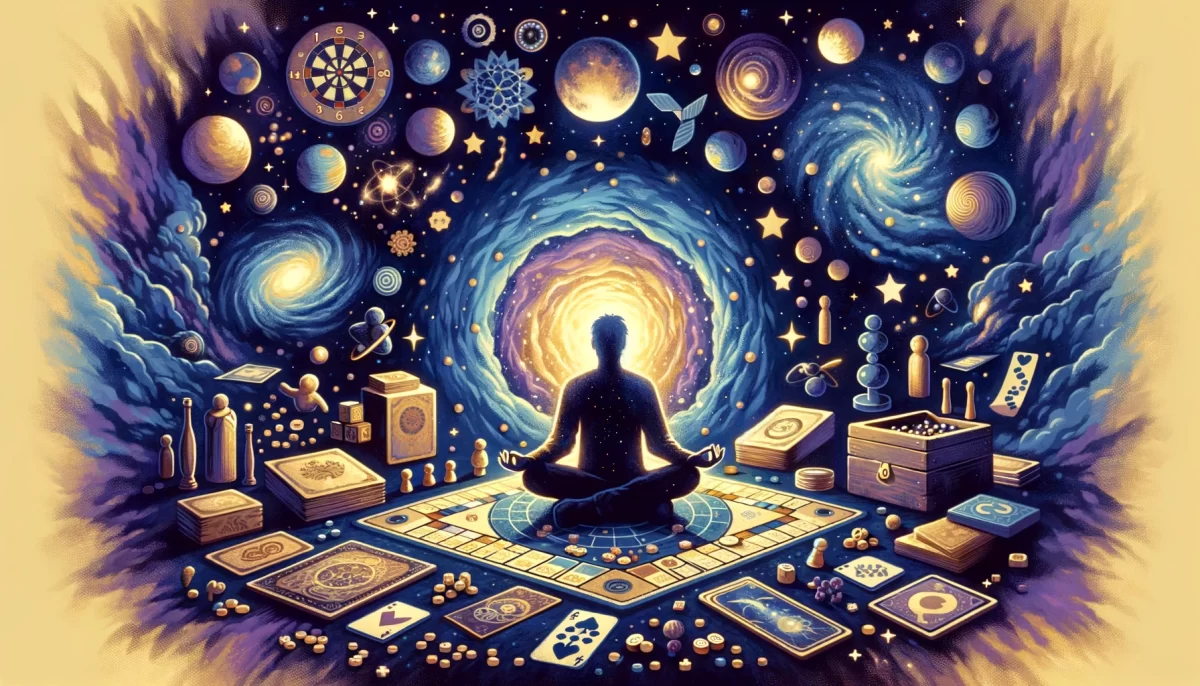

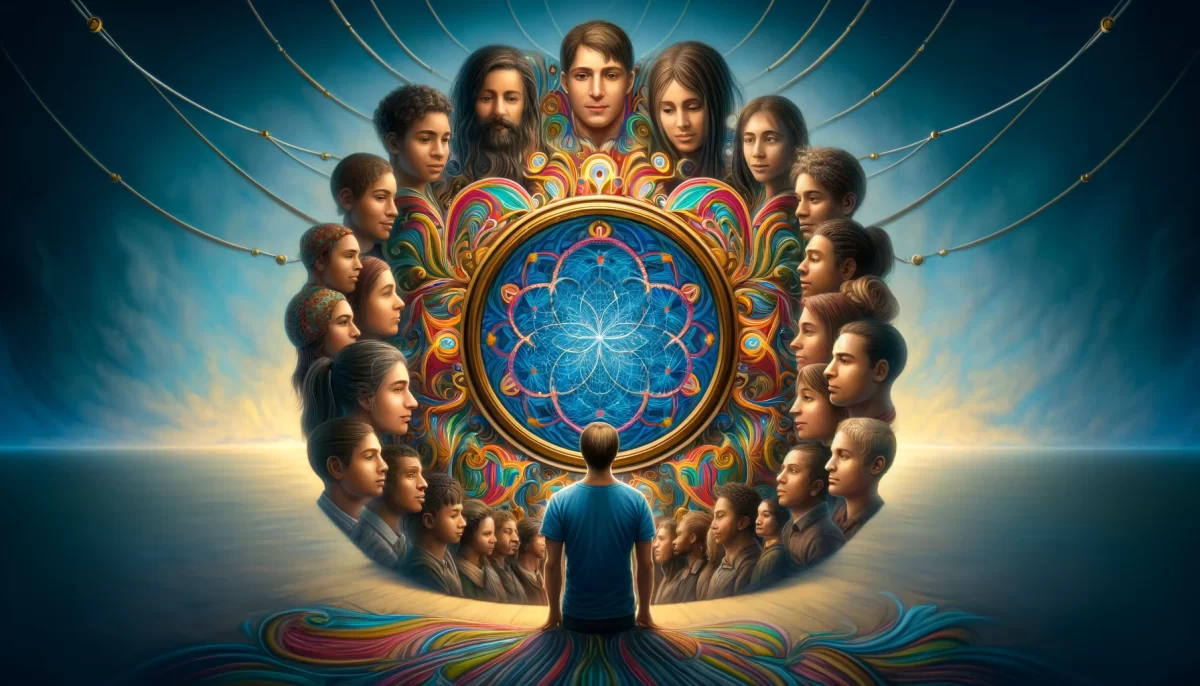





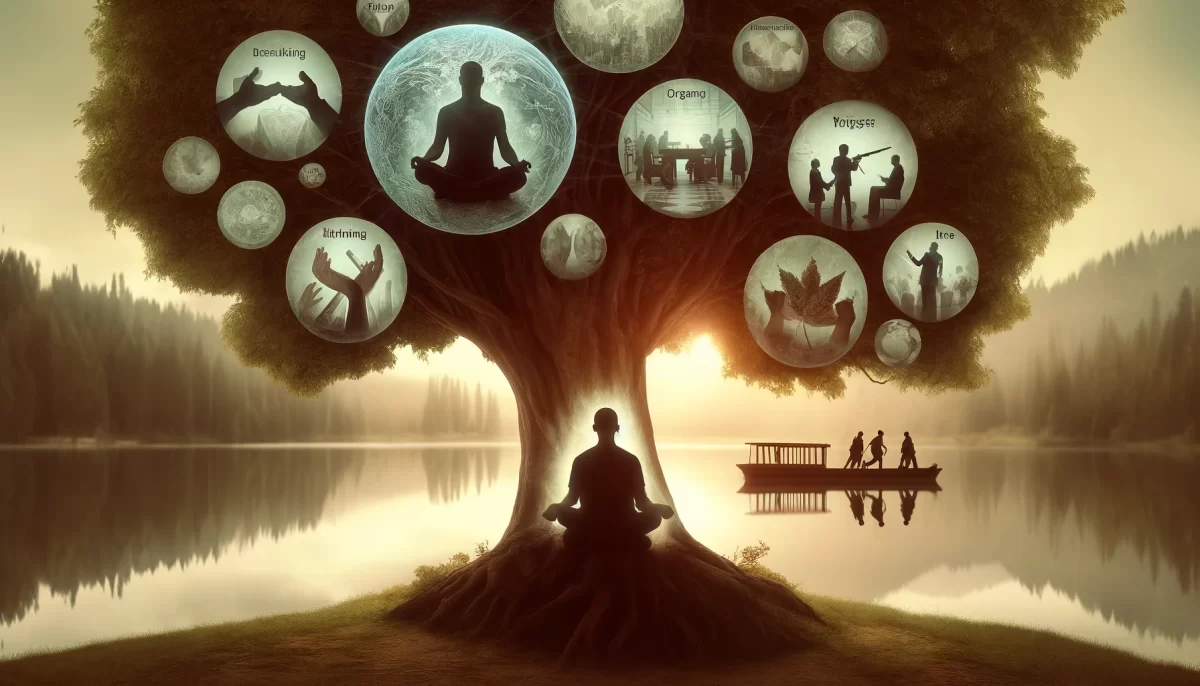
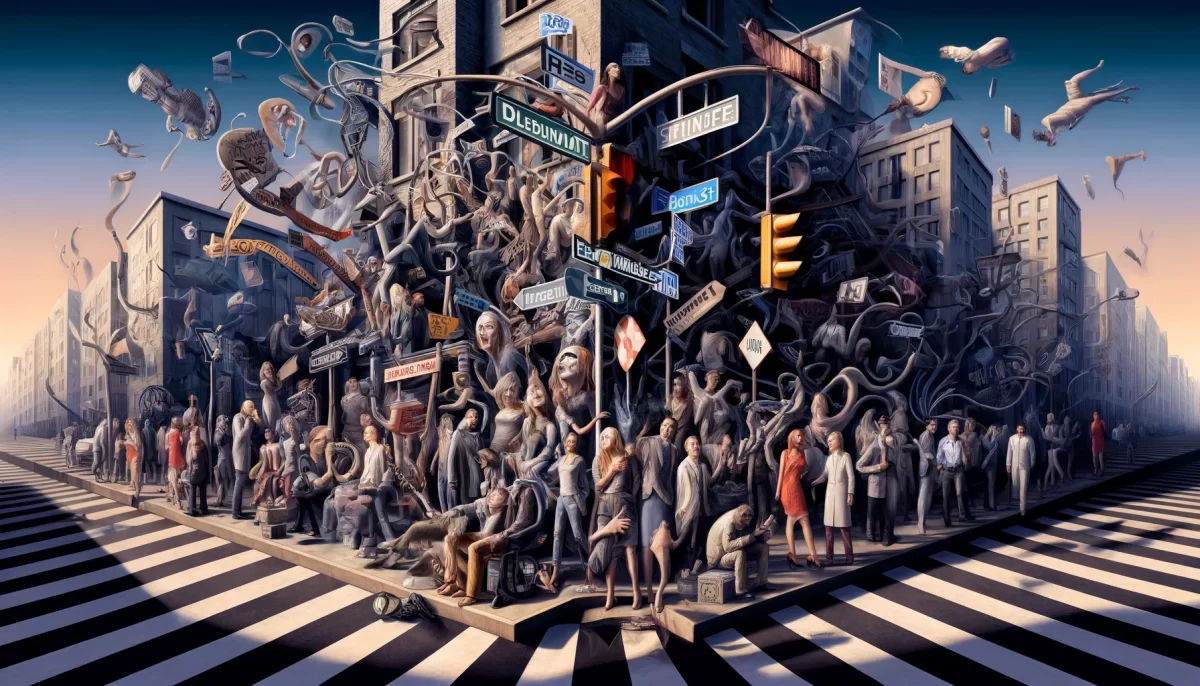

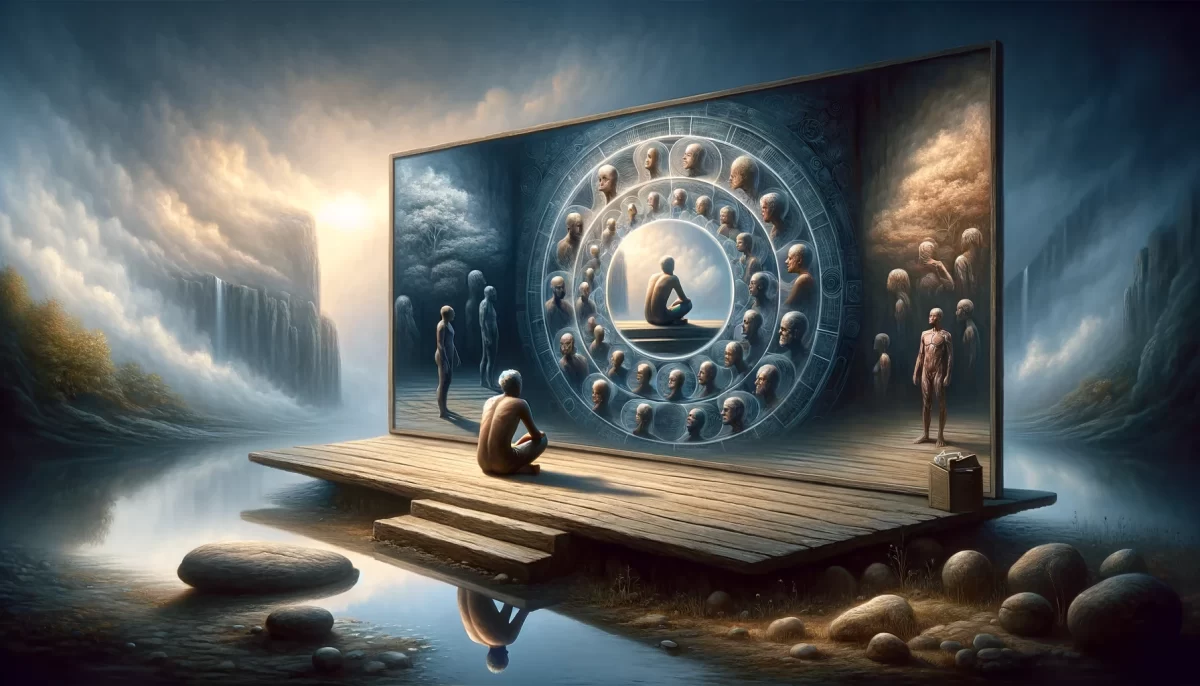

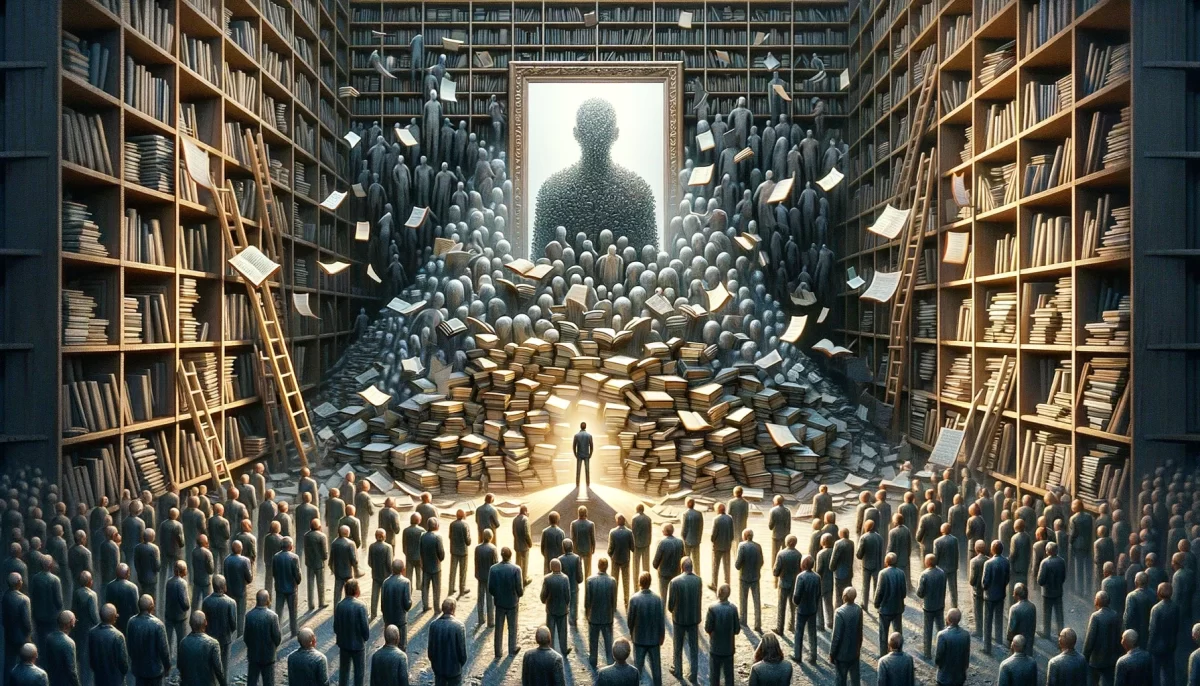





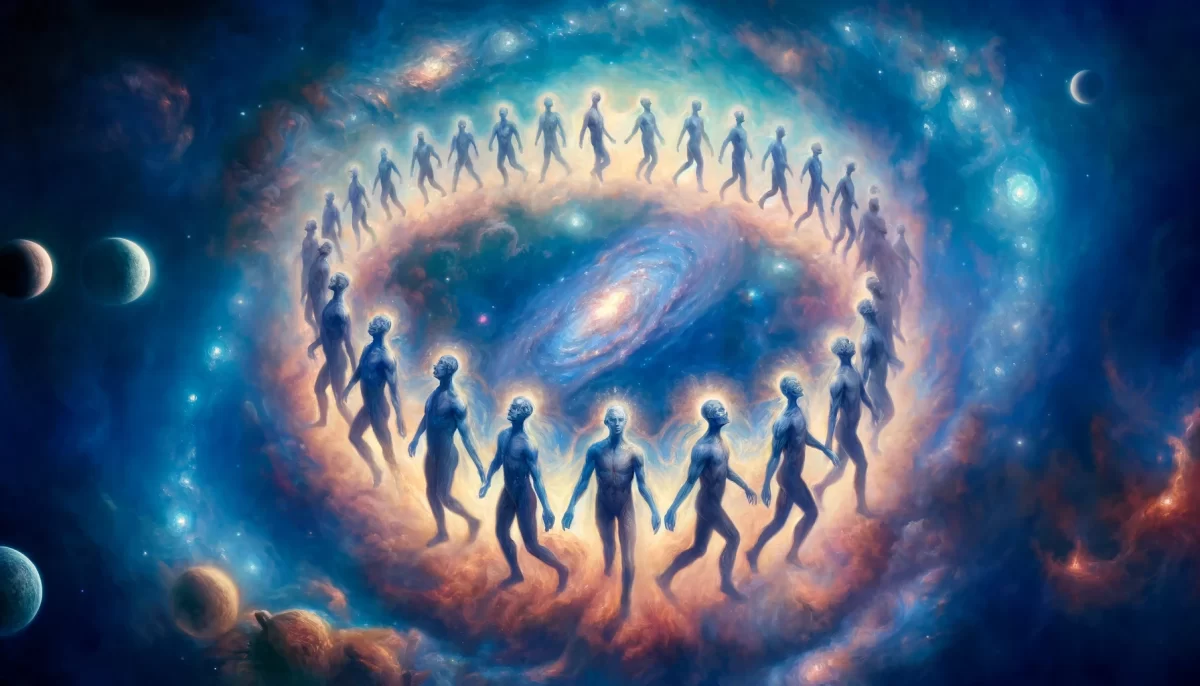
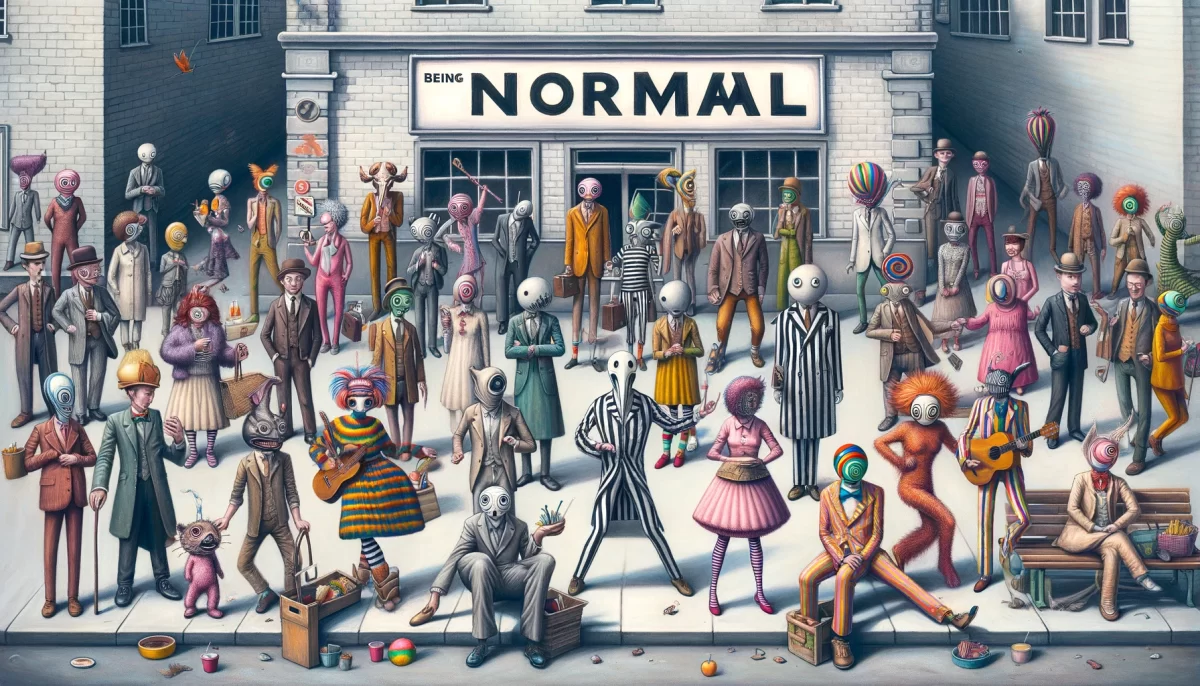





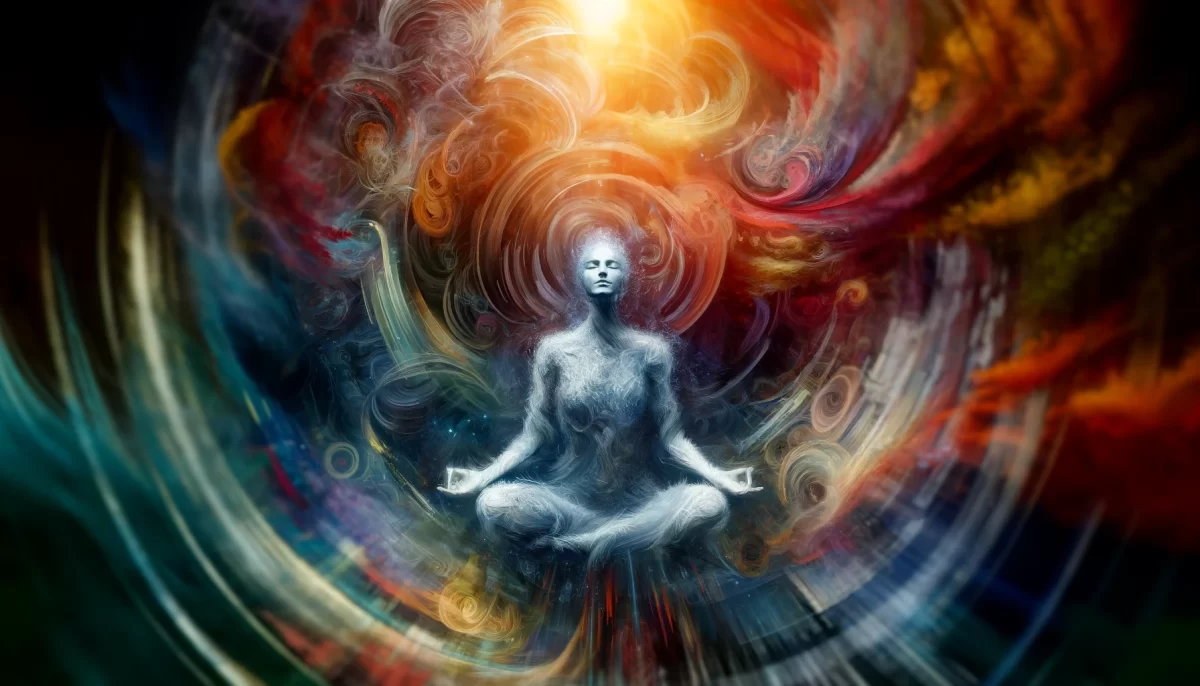
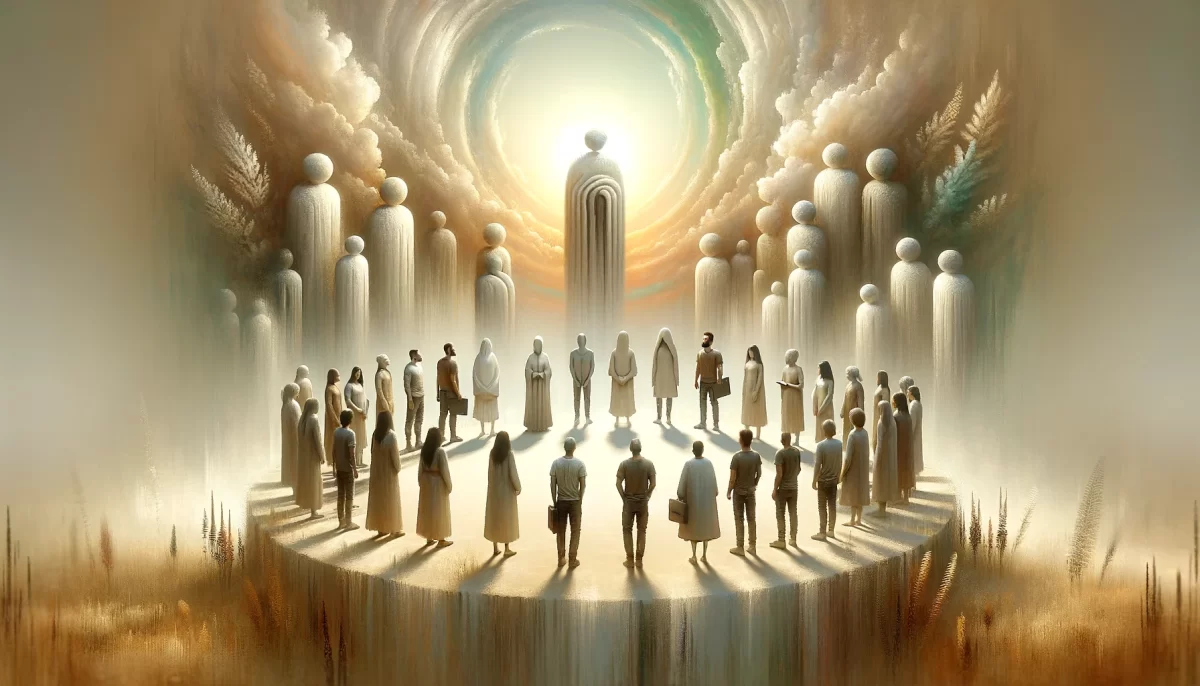
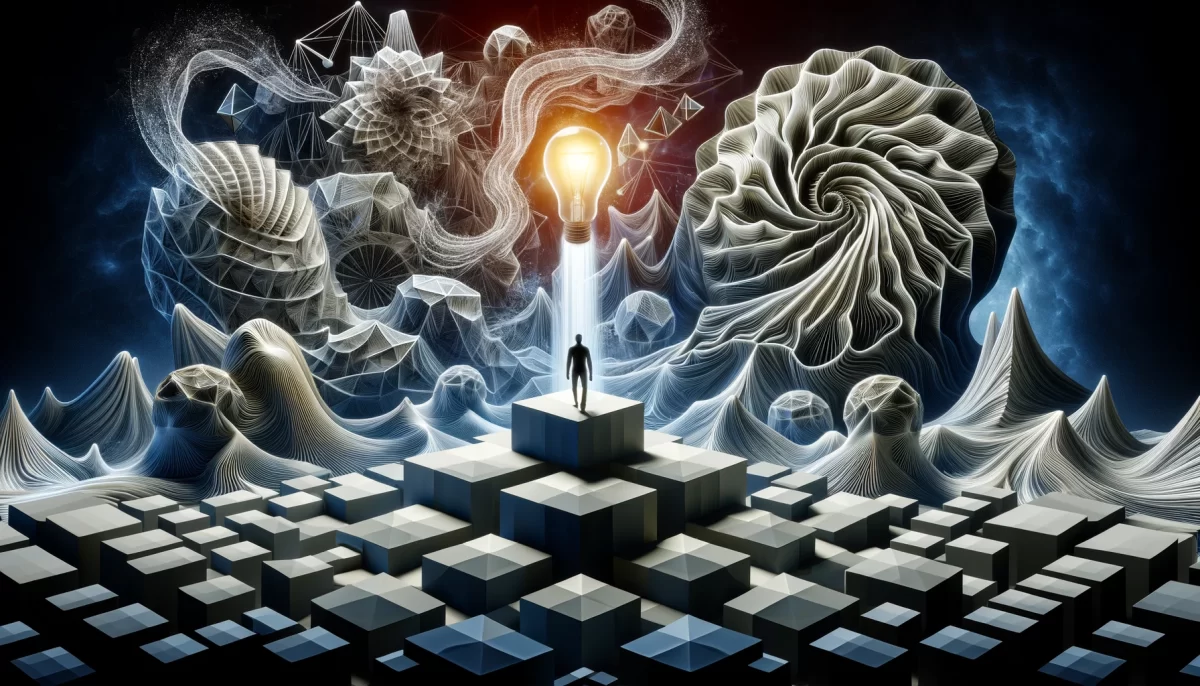
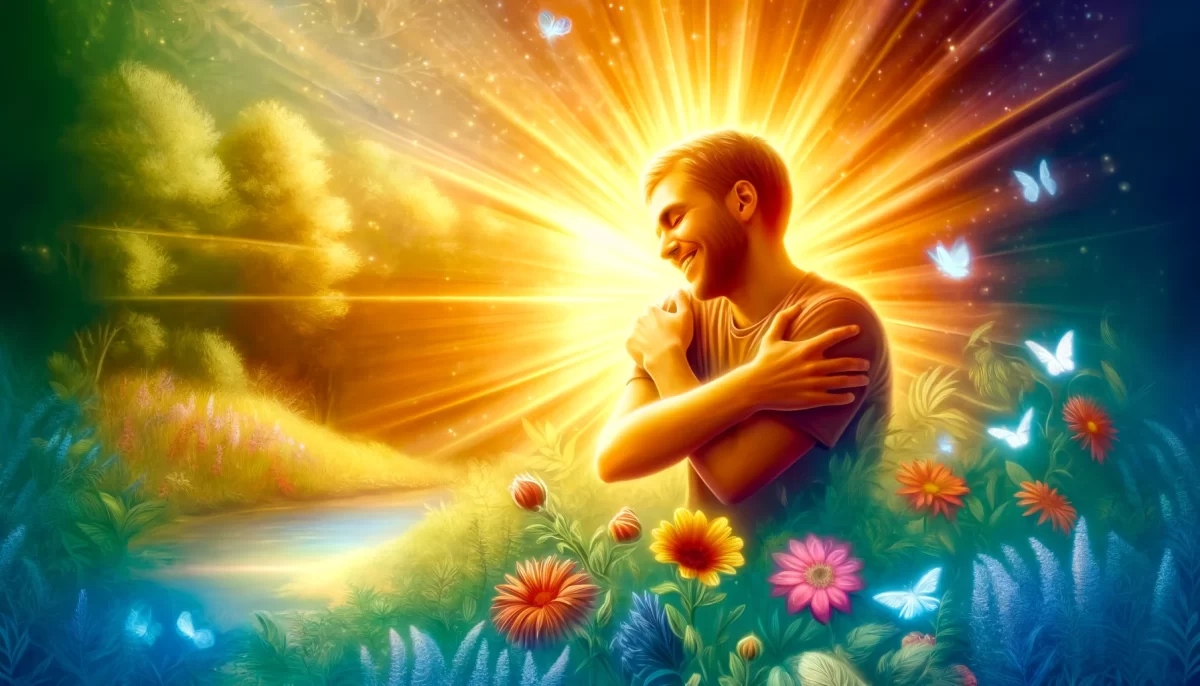



Leave a Reply